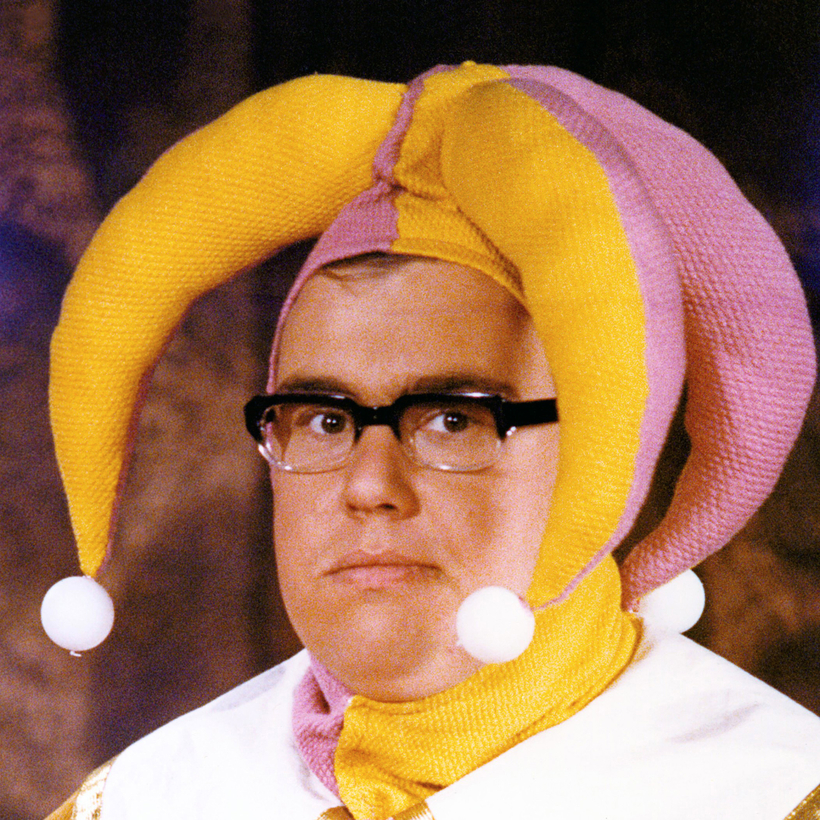One big revelation from my more than three years of researching and writing a new biography, John Candy: A Life in Comedy, is that my subject was more than just a uniquely gifted and acclaimed comedic actor. John Candy was a great actor, full stop. In fact, many of those who knew him and worked with him remain steadfast, 31 years after his death, in their belief that he may have eventually earned an Oscar for a dramatic role, had he lived past the age of 43.
It was in this light that I finally came to appreciate the depth of Candy’s performance in the 1991 dramedy Only the Lonely, produced by John Hughes and written and directed by Hughes’s protégé Chris Columbus. In my conversations with Columbus, and with many of the others involved in the production, it became clear that Candy poured all of his acquired dramatic skills into the character of Danny Muldoon, an emotionally late-blooming Chicago cop trying to pursue a romantic relationship while still living under the roof of a domineering mother, played by Maureen O’Hara, who later raved to Johnny Carson, with almost maternal pride, about working with John “the actor.”

